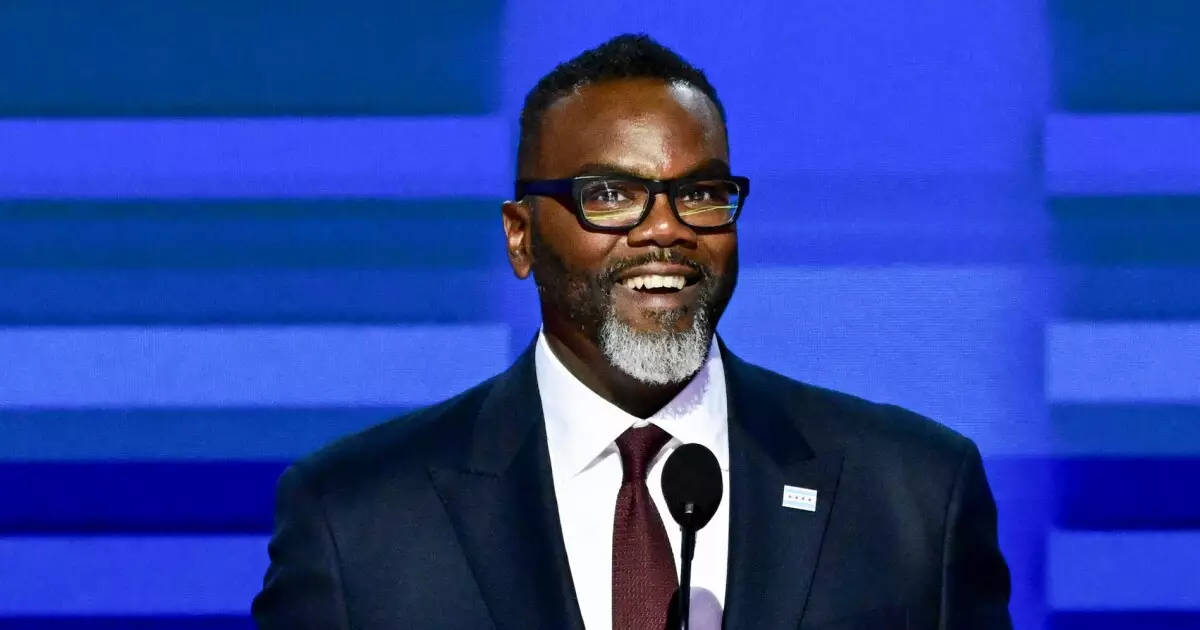Chicago recently released a budget forecast that painted a grim picture of the city’s financial future. The forecast projected a corporate fund deficit of $982.4 million in 2025, a significant jump from $222.9 million at the end of 2024. The administration offered both downside and upside scenarios, with the negative scenario showing a $1.578 billion gap in 2026 and a $1.928 billion gap in 2027. The positive scenario, on the other hand, put the gap at $633.8 million in 2026 and $702.6 million in 2027.
The budget forecast came as a surprise to many, considering that Chicago had seen improvements in its fiscal standing in recent years. Factors such as pandemic relief funding and increased pension contributions had led to rating upgrades for the city. However, the new forecast has raised concerns among investors and bond raters. The sizable deficit may test the market demand for city bonds, according to Municipal Market Analytics. The city may have the capability to close the budget gap, but it is a significant challenge, especially given the current economic climate.
One of the key issues highlighted in the forecast is the need for recurring solutions to address persistent problems facing the city. The reliance on one-time fixes is not sustainable in the long run. At the same time, there is a delicate balance between raising taxes to generate revenue and avoiding measures that could further weaken the economy.
The forecast pointed to various drivers behind the revenue gap, including changes in how corporations net their operating losses and reimbursement for pension payments for Chicago Public Schools. Moving forward, the projected gap will be influenced by both revenue and spending factors.
The forecast also raised questions about how the city will handle budget problems in areas such as Chicago Public Schools and the Chicago Transit Authority. With concerns about declining office building values and the impact of property taxes on residents, there is uncertainty about how the city will address these challenges effectively.
Solutions proposed, such as a hiring freeze and potential changes to departmental staffing, raise questions about the city’s approach to managing its budget. The issue of pensions also looms large, with questions about funding levels and the potential return to restructuring methods that were previously phased out.
The budget forecast’s impact on the city’s bonds remains to be seen, but there are indications that investors may still be interested in Chicago’s offerings. Despite the challenges, there is belief that the city will find a way to navigate the market and secure financing. However, concerns about the city’s budget balancing efforts and the need for recurring solutions remain at the forefront of discussions.
Chicago’s budget forecast presents significant challenges that will require thoughtful and strategic solutions to address. The city must carefully consider its approach to revenue generation, spending, and overall financial management to ensure long-term stability and prosperity. The road ahead may be rocky, but with proper planning and collaboration, Chicago can overcome its budgetary hurdles and emerge stronger in the years to come.

